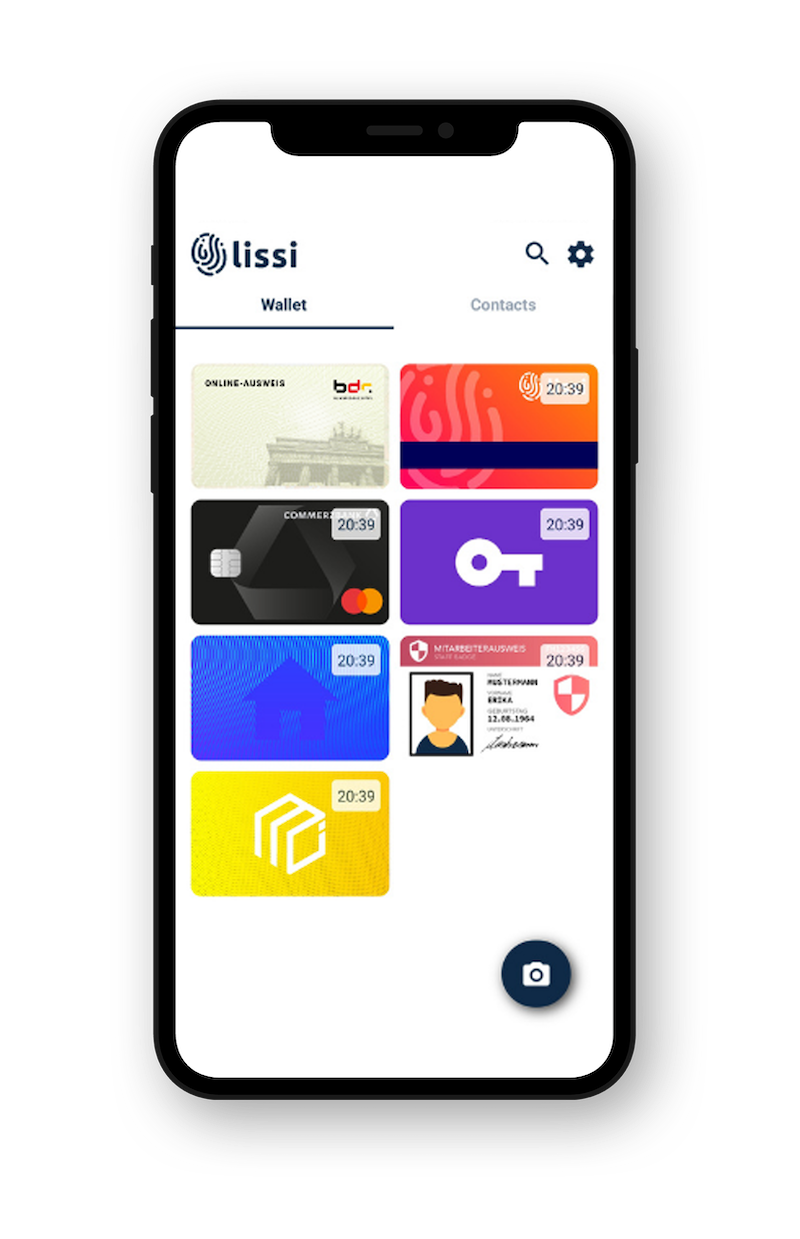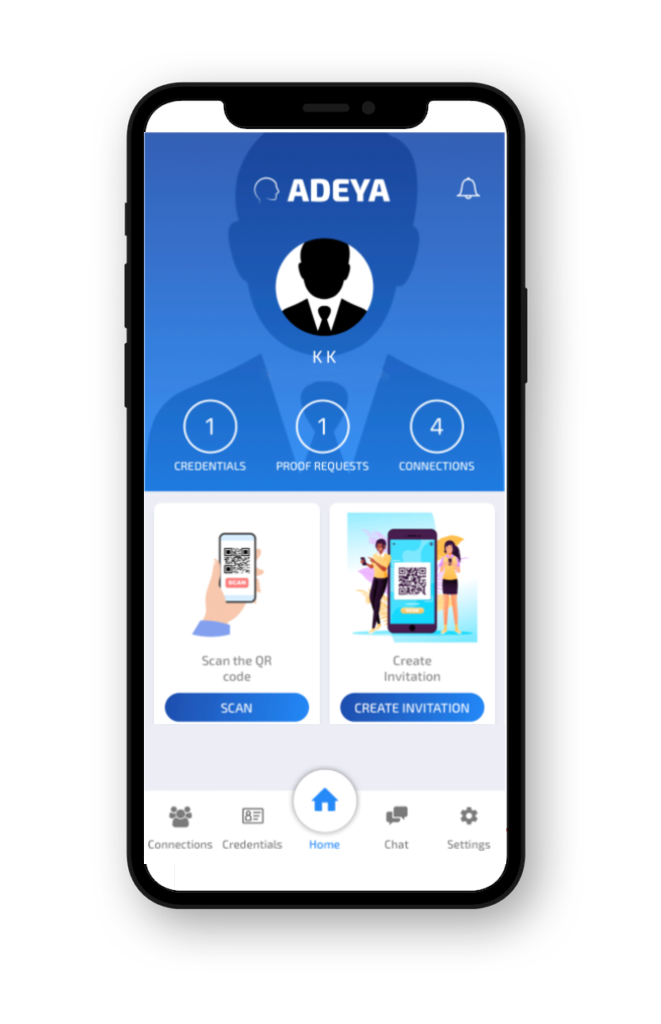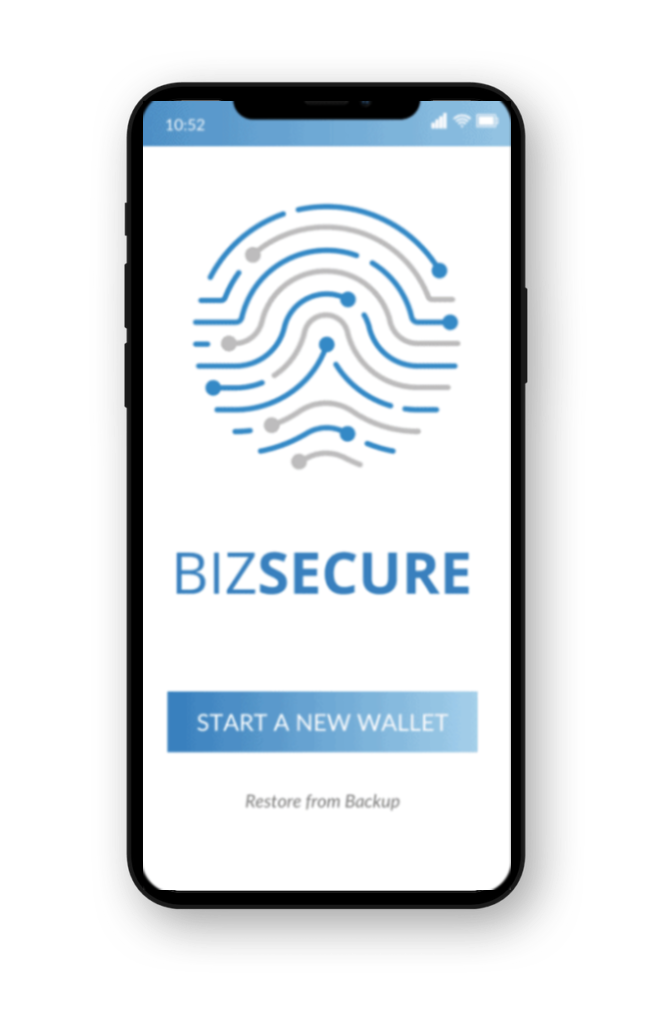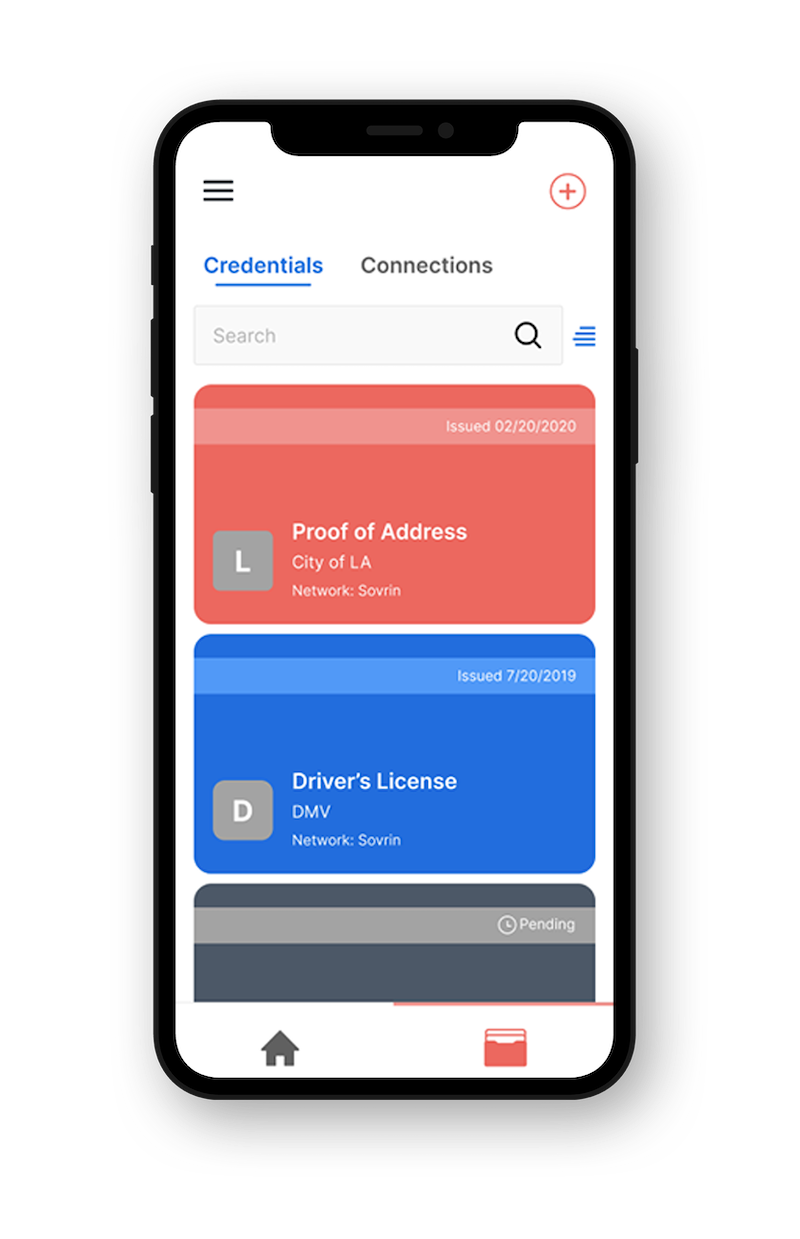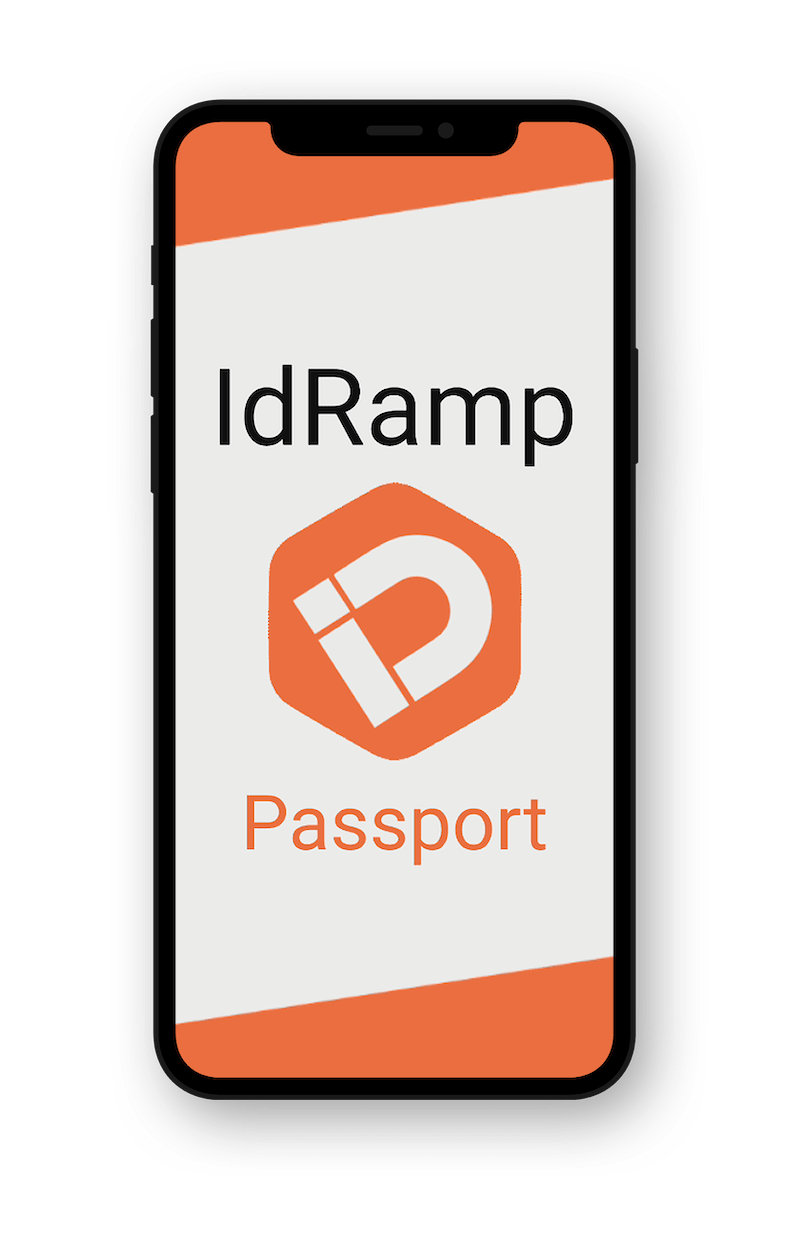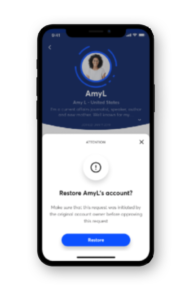By Tim Spring
A distributed ledger is a database that has copies distributed across a network of servers (nodes), all of which are updated simultaneously. A network like this is the foundation of decentralized identity, a way of generating robust trust and collaboration free of the security risks of centralized databases. We call the companies and organizations that support an Indicio Network node on a server that is under their control “Node Operators.”
Recently we caught up with Karl Kneis, COO of IdRamp, and Eric Vinton, Chief Business Officer of IdRamp, one of the first companies to become an Indicio Node Operator, to discuss their current projects, some goals for the future, and where they think decentralized identity is heading.
Tell us about IdRamp: how did it start, where did it start, and who makes up your team?
IdRamp was born from years of frontline experience in enterprise identity management and service delivery. With IdRamp we wanted to reduce the pain and vulnerabilities that surround digital identity passwords, platform migration, operation, and service delivery.
The cost and resource requirements of managing and replacing identity platforms can be astronomical. Operation requires special skills and complex customization. Migrations can take years to complete and often fail. Service delivery can be slow and require premium resources. — Our experience found that adapting decentralized, Zero-Trust identity principles will reduce cost while increasing security and accelerating the speed of service delivery.
We founded IdRamp to help remove passwords, automate expensive tasks, reduce the need for advanced skills, and simplify the adoption of new solutions, all while improving overall security through decentralized Zero Trust. Instead of reinventing identity management platforms every few years with mammoth projects, organizations can use Idramp to enjoy continuous adoption of new services and solutions at the speed of business.
Decentralized verifiable credentials can easily be adapted to any service or system for advanced Zero-Trust protection and password elimination. No coding or long term platform projects are required. People appreciate the improved privacy and simplified experience of passwordless ecosystems. Security authorities appreciate the reduced data liability and the stronger protection of Zero Trust credentials.
Our team’s deep experience working through generations of multinational digital identity projects gives IdRamp a unique perspective. We excel at solving complex problems with simple effective solutions that improve the bottom line.
What are some of the products/services (Self Sovereign Identity or not) that you currently offer? Who are your target customers? What sets you apart from the competition?
Our premier product is the IdRamp platform. It caters to the public sector, enterprise and SMB customers across all industries. It provides service orchestration with zero-trust decentralized identity, and password elimination.
While IdRamp is a zero-code solution we also provide robust APIs that can be used to extend
capabilities into any custom application or ecosystem experience. The APIs offer a limitless palette of design opportunities for application development.
We also provide a free digital identity wallet to securely share personal information, such as education certifications, health data, or employment credentials. The wallet provides multi-wallet stewardship capabilities that allow people to manage credentials for other people or things.This feature can be used to manage family credentials, or eldercare use cases, for example.
IdRamp is built on open standards for interoperability. It operates automatically across any standards-based digital identity network. While the IdRamp wallet offers robust capabilities, any standards based identity wallet can be used with the IdRamp suite of tools.
Recently, we co-developed a series of groundbreaking IdRamp-based apps with security software provider Bak2.life. These apps include:
- Bouncer Zoom Event Attendee Security — extends Zoom meeting security with email 2FA or verifiable credentials for all participants.
- Return to Life — provides a simple way for organizations to offer safe access to events and facilities based on verifiable health credentials, digital ticketing or custom credentials tailored to business needs.
- Webcast Security Portal — provides end-to-end protection and access control for multiple webcast providers, including Zero-Trust, passwordless verifiable credentials.
What motivated your work in decentralized identity? Why did you become a node operator?
Decentralized identity reduces data liability, increases privacy, improves security, and human experience. It is a natural compliment to our suite of Zero-Trust passwordless solutions. Decentralized design has always been core to the Idramp strategy. Adapting new standards in decentralized identity helps our customers achieve the best possible protection across their ecosystems.
The problems and challenges of enterprise security have been getting worse and worse over the past decade—Zero Trust identity provides much needed relief. However, the next iteration of Zero Trust will require a decentralized network to remove the need for centralized databases that carry inherent risks and increased costs. Being a Node Operator helps IdRamp provide a more comprehensive Zero Trust service to our customers.
Where do you see the future of Self Sovereign Identity/Decentralized Identity?
The need for secure identity is a high priority because the cost of a mistake with personal data can be very expensive. Terms like “SSI” and “decentralized” will eventually fade into globally accepted standard terms for digital identity. As decentralized identity becomes the preferred security standard, new threats and attacks will be developed and new Zero Trust-solutions will be required. With Idramp, organizations can stay ahead of the rapidly changing digital identity security landscape and avoid expensive technical detours that slow business and leak revenue.
For more information about the IdRamp platform or any of their other products, go to IdRamp.com.

